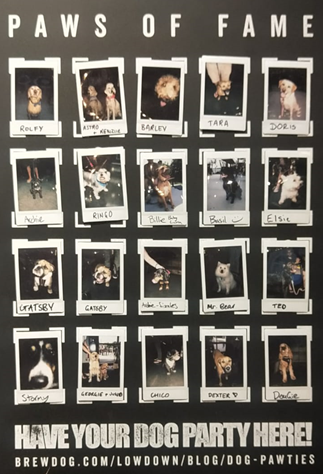How do you cut through? Part 1 of this article introduced the CAPFUL needs hierarchy with a focus on the lowest level needs. These primal needs are for certainty and the unusual. The next level up from primal needs are social needs. This Part 2 article covers the needs for love and prestige. These needs are higher up on emotional hierarchy because they only indirectly relate to survival. Love and prestige are only relevant when there are others around. We are social creatures. We have evolved to live together in groups because this gives us advantages when it comes to being able to have and raise children. Love and prestige needs have become more and more important to humans as the groups we live in have grown from extended families to countries with millions of citizens.
capful summary
CAPFUL is our contemporary evolution of Maslow’s hierarchy of needs. The acronym stands for six needs: Certainty, Achievement, Prestige, Fulfilment, Unusual and Love. The needs are paid in three levels (primal, social and actualisation). Each needs pair tends to create emotional conflict. This is the human condition!
All of us tend to have one or two of the needs we prioritise. But even so how we act to meet our individual needs is unique to each of us. Catering to people’s needs is how to create cut through in customer strategy and customer experience
Humans are social creatures who have built on our evolutionary beginnings. We are descended from both reptiles and mammals Think about the differences between these two groups of animales. Reptiles have a very basic operating system with only move towards or away options. Certainty and the unusual (see part 1) are this system’s drivers. Seeing food prompts a move towards to get certainty about having enough to eat. But if it smells bad then certainly don’t eat. Hearing a strange noise may prompt a move away from the unusual to avoid danger. Unless the noise might be a potential new mating opportunity! Reptiles are motivated in relatively simple ways.
The reptilian brain can make serious errors because of this simplicity. A lizard who rediscovers her own clutch of eggs may not recognise or care they are her offspring and choose to eat them. If the goal of evolution is to reproduce to propagate genes then this is a big error. Mammals don’t make that mistake because they have an additional level to their operating system with emotions. Emotions draw mammals to protect and care for their young. This improves the chances of the offspring surviving to become parents themselves. Feelings also make it possible for adult mammals to live in cooperative groups. They form pair bonds, herds, flocks, mobs, bands, prides and packs. For herbivores this makes it harder to be picked off by predators. For carnivores group hunting is often more effective than going solo. But group living also creates a new problem. How to divide scarce resources. This is where the need for prestige emerges. While in a group everyone is better off on average, that does not ensure everyone is equal. As Orwell observed in Animal Farm, some end up becoming more equal than others. Similar conflicts between love and prestige exist in human societies.
Love is the need driving us to seek relationships. We start out in a family and learn how it feels to be nurtured and protected. We may later seek a romantic partner to build our own family to nurture in turn. Familial ties and romance are not the only way we can meet our need for love. Platonic friendships are also a way we can feel loved. Expanding our connection from just one friend to a group creates a feeling of belonging. We form sporting teams, patronise clubs, join associations and get involved in wider community movements for the resulting feelings of connection and belonging. Religious affiliation is wired into us at an evolutionary level because of the advantages it offered to previous generations. In historic times humans sharing a religion worked together as if they were extended family, but without needing blood ties. Now many people choose to avoid religion. Arguably the social cohesion afforded by religion has been replaced by laws and economics in our modern society. Yet people still yearn to be part of various groups. Many businesses and organisations exploit our need for affiliation. They entice us to become part of their tribe.
The beer ad above appeared in 2010, more than two decades on from the first VB ads in the 1980s. The catch cry of the early ads was ‘A hard earned thirst needs a big cold beer’. The overall messaging leveraged affiliation needs. The VB brand was attached to the identity of a specific group of consumers at the same time as excluding others. From 1984 to 2016 VB drinkers were working class and male. Wine drinkers, women and the well off were not welcomed into this group. While this exclusion was tolerated in the eighties, by 2010 popular culture was starting to shift. Macho masculinity was giving way to ‘metro sexuality’. VB’s core consumers were not part of this societal shift. The ad urges them to identify with each other and form a counter cultural cohort. Very effective in creating cut through for consumer who might be feeling left out with rest of society at the time. This was pure tribalism.
All marketing tribalism works to meet our two potentially conflicting social needs. Tribe members feel both part of a group and special because of their affiliation. This meets their need for love (through group connection) and their need for prestige (through group elitism). Today the VB ad content is much more controversial given the rise of Tarana Burke’s ‘#metoo’ initiative. This feminist movement only got global traction after Alyssa Milano tweeted the rallying cry in 2017, even though it began back in 2006 (more on #metoo here). Masculine social standing appears to have been in decline for some time. Today the ‘man’s man’ messages of VB ads are so anachronistic they offer little prestige.
Prestige relates to our need to be recognised for our individuality. When we are treated as a number or just another face in the crowd we can become angry, sad or dejected. We want recognition for our individuality even if we are not driven to stand out. Every selfie posted on social media is a call to ‘look at me, look at me. I was here’. The same ego need drives graffiti tagging. We may not admit it, but some part of us wants status. To stand out from the crowd, be first in the pecking order, on top of the heap, with our own car park and the title to go with it. We want our name to open doors. We want to get first crack at the opportunity. We want our fair share. It is the need for prestige driving conspicuous consumption and FOMO. We want to shine in the groups we frequent. The irony is being part of any group dulls our individuality to others. Especially outside onlookers.
Are you someone’s partner, wife, husband, child, sister, brother, parent, employee or employer? If so you are defined by your label as being someone with an identity only meaningful in contrast to another. We stereotype people like this all the time.
If you support a particular sporting team, what does that say something about you to other people?
When you think about followers of a particular religion, what else do you associate with them other than their faith? What about vegetarians? What about a climate change deniers or anti-vaxers? What about cyclists? Ferrari owners? Goths? Yuppies? Soccer Mums? Teenagers? Retirees? Pensioners? Artists? Engineers? Farmers? Suburbanites? Politicians? Priests? Journalists? Marketers? For everyone of these groups you almost certainly attach stereotypical assumptions about their opinions, values, beliefs, socio-economic status, political views and cultural concerns. You may do this without thinking about it. When you do this diminishes their right to be valued for who they really are.
Brewdog lets dogs and owners drink beer together
As our world becomes more populated, networked and socially fragmented our need for individual prestige is becoming more significant. This is part of the backlash against globalisation inherent in large political changes like Brexit. It is a key driver in the radicalisation of terrorists. And just as effective at getting people to reduce their carbon footprint or regularly donate to charity. When you make people feel special they respond to get more of the feeling. You can help people feel special by including them in a group. You can make people feel more special by elevating them within a group. This is why love and prestige needs offer opportunities to build highly effective cut through value in niche markets.
There a 71 craft brewers within driving distance of my house in Brisbane. The picture left shows how the Brewdog brewery is using love and prestige to cut through. They offer dog ‘pawties’ so owners and their dogs can meet and enjoy a couple of cold ones together. Yes there is a beer for dogs. Is this taking segmentation too far? Maybe. If so, why no poodle shots?
Robert Dew is a Founding Partner at CapFeather Global with more than 2o years of corporate consulting and university lecturing in Innovation, Customer Strategy and Customer Experience. His PhD related to improving creativity in strong corporate governance environments. He shares his life with a large, very loving labrador-mastiff-ridgeback cross who is now quite desperate for beer and walk (not in that order).





